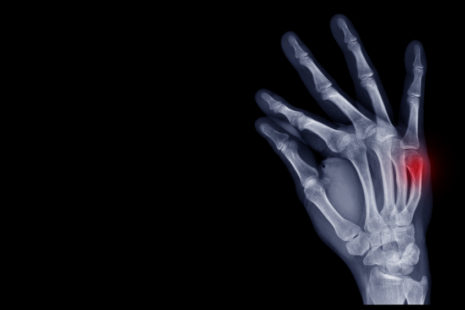Yes, you should generally feel better after undergoing physical therapy (PT) if the therapy is appropriate for your condition and is administered correctly. Physical therapy is designed to help individuals recover from injuries, surgery, or conditions that affect their mobility, function, and overall well-being. Here are some key points to consider:
- Reduced Pain: One of the primary goals of physical therapy is to manage and reduce pain. You should experience a reduction in pain or discomfort related to your condition as you progress through your PT sessions.
- Improved Mobility: Physical therapy helps improve mobility, flexibility, and range of motion. You should feel that you can move more freely and with less difficulty as your therapy progresses.
- Enhanced Strength and Function: PT is focused on rebuilding strength and functional abilities. You should notice improvements in your ability to perform daily tasks, sports-related activities, or work-related functions.
- Better Quality of Life: As you gain back your physical abilities and independence, your overall quality of life should improve. You’ll be able to engage in the activities you enjoy with less pain and discomfort.
- Increased Knowledge: Physical therapy often includes education about your condition, exercises, and techniques to manage your symptoms. This knowledge empowers you to take control of your health and well-being.
- Long-Term Benefits: PT is not just about short-term relief. It should provide long-term benefits by addressing the underlying causes of your condition, preventing future issues, and promoting a healthier and more active lifestyle.
The extent and speed of your improvement can vary depending on your specific condition, the severity of the injury, your adherence to the treatment plan, and other factors. Some individuals may experience rapid improvements, while others may have a more gradual recovery.
If you do not feel better or do not see the expected improvements in your condition after a reasonable period of physical therapy, it’s essential to communicate with your physical therapist and healthcare provider. They can reassess your treatment plan and make any necessary adjustments to ensure you are receiving the most effective care for your needs. Physical therapy is a dynamic process, and your treatment plan should be adapted as your condition evolves.




